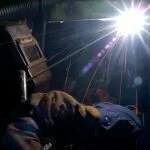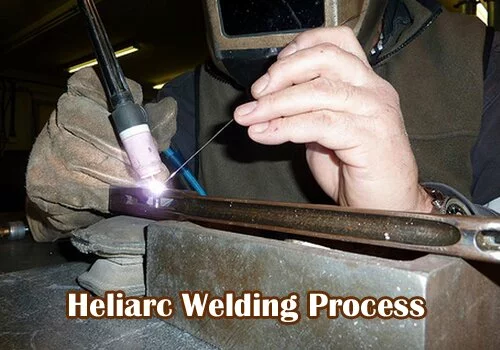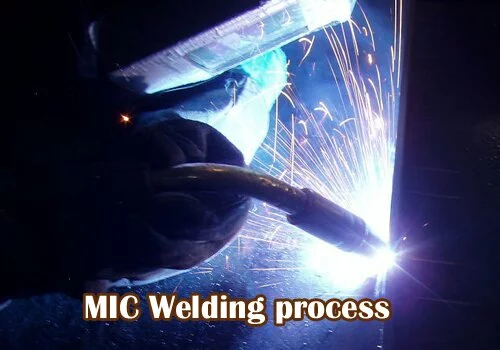Underwater welding is a technique used in various marine engineering projects. This welding is performed deep under the surface of the water. The underwater welder must possess both the welding skills and the diving skills. The underwater welding is an important job that pays high than any other jobs. Various certifications and practices are required by the welder to perform the underwater welding. Though there are many advantages with underwater welding, the major disadvantage of underwater welding is the safety. As this welding is performed under the water , there are many dangers equipped with it.
Dangers of an underwater welding
The dangers of underwater welding are as follows
Electric shock
Water is a good conductor of electricity. Underwater welders usually dive into the water with their electric welding equipment. Though they have all the safety measures with them, they are still exposed to electric shock. This is because of the instrument failure, choosing the wrong instrument etc. So the underwater welders should test the equipment before using it. They must prefer using water resistant welding equipment. Apart from this, the equipment should be kept on, only when the equipment is under use.
Preventive measures
- The welder should use a proper suit before welding.
- The cables of the welding instrument should be insulated properly.
- The Power supply should be well insulated from the water.
Explosion
Among all the dangers, one of the major and the important danger is the underwater explosion. The underwater explosion happens due to the formation of hydrogen and oxygen packets in the water. When these packets are ignited they cause an explosion. This explosion is extremely lethal and leads to various disorders.
Preventive measures
- The welder should stop welding if bubbling occurs.
- Avoid welding in a gaseous environment.
- Weld from highest point to lowest point.
Decompression
The underwater diver usually dives from the high-pressure region to the low-pressure region. While diving, there are chances of inhaling nitrogen gasses present in the atmosphere. This nitrogen gasses, in turn, mixes with the blood of the diver and causes decompression. There are other factors associated with the decompression.
Preventive measures
- The welder should avoid diving continuously without relaxation.
- They should not fly immediately after diving.
- Dehydration should be avoided.
Drowning
Drowning is a common problem faced by many underwater welders. This problem is due to malfunction in breathing equipment such as masks, oxygen cylinder etc.
Preventive measures
- The important measure is that the welder should not panic.
- The welder can overcome this situation with the advice of surface people or self-thinking.
- Breath slowly as this will help the welder to withstand more in water.
Freezing
The underwater welder works below the surface of the water. If the water penetrates into the skin of welder it will cause many health related problems to the welder. The welder is prone get respiratory problems, hypothermia, and even death.
Preventive measures
- The suit of the welders should be tested for small tears and holes before using it.
- The divers should reduce the use of helium while diving.
Marine life
The light from the welder may attract the planktons which in turn attracts fish. This fishes may hurt the welder under the water.
Preventive measures
- Before diving, the welder should explore the area for fishes.
- The project time should be very low because the increase in time will increase the risk.
With the help of these measures, prevent yourself from the dangers of underwater welding. Before you begin, it is preferred to get the advice of the seniors regarding the dangers involved in this field and the preventive measures to be followed.
Are you and underwater welder? You would have overcome obstacles like these ones right? Share your experience with us.
![How Much Do Underwater Welders Make? [Salary]](/wp-content/uploads/2016/07/14.How-much-do-underwater-Welders-make-150x150.jpg)







